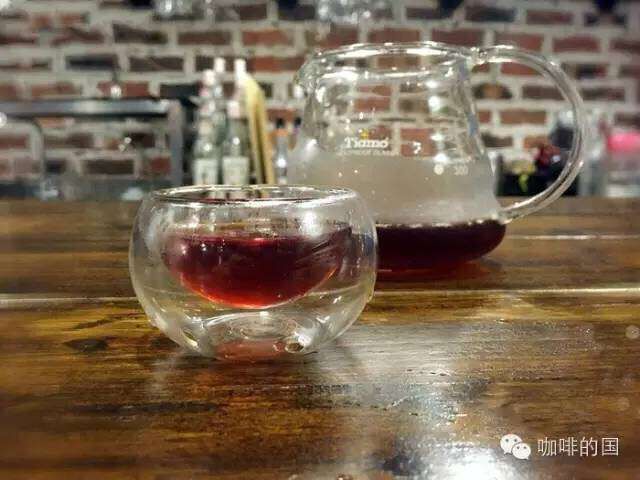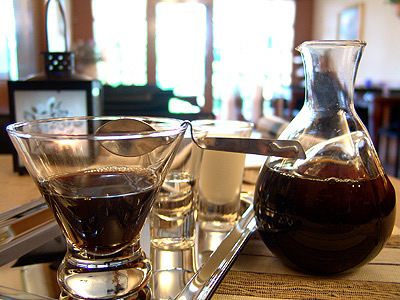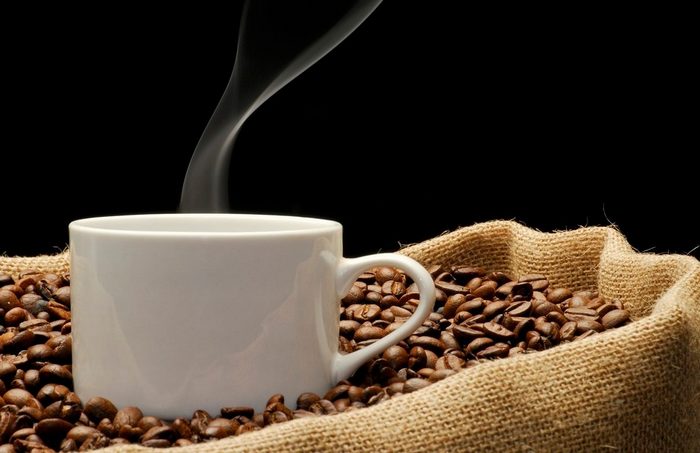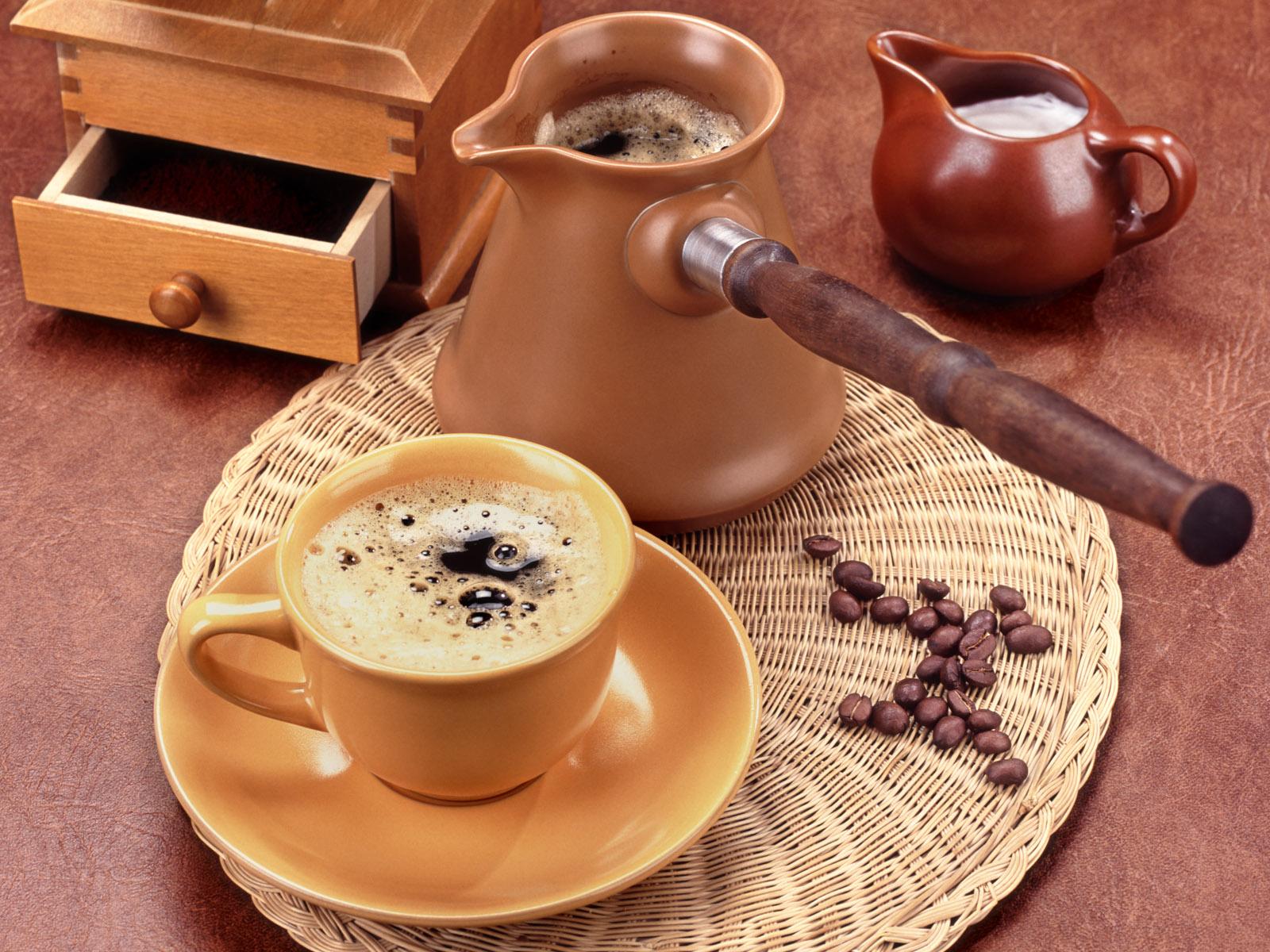Analyze why cold brewed coffee makes people feel better?
Abstract: this silky taste, sweet taste, strong floral fragrance. This must be cold brewing coffee! Every coffee lover knows the difference between cold brewing coffee and traditional hot brewing coffee. Everyone is fascinated by the unique taste of cold brewing coffee. Whether it is hot or cold, coffee is made from the same raw materials.

This silky taste, sweet taste, strong floral fragrance. This must be cold brewing coffee! Every coffee lover knows the difference between cold brewing coffee and traditional hot brewing coffee. Everyone is fascinated by the unique taste of cold brewing coffee.
Hot or cold, coffee is made from the same raw materials: coffee powder and water. But why is the taste of cold brewed coffee so different from that of traditional coffee?
First of all, the roasting and grinding methods of coffee have a great impact on the final taste, aroma and taste of coffee. But in the final analysis, it is the brewing method that has the greatest impact on the taste of coffee. The final taste, sweetness and mellowness of coffee made by different production tools and brewing techniques are completely different.
As a member of the Tech Insider science team, I personally prefer cold brewed coffee. Although I still drink hot coffee to keep warm in winter, in my conscience, I think cold brewing coffee really tastes better. Here are some of the major reasons I have listed.
From the perspective of coffee brewing:
We all know that every coffee powder contains thousands of oils, chemicals and acids. These substances are collectively referred to as "soluble substances". It is these soluble substances that make the coffee mellow and delicious. The process of coffee extraction can effectively release these substances.
The brewing methods of coffee are mainly divided into two categories according to temperature and time:
1. Hot brewing coffee: when it comes to hot brewing coffee, we naturally think of dripping coffee made from an old-fashioned coffee maker at home or a hand-made drip filter pot. The making of this kind of coffee is very simple. All we have to do is pour hot water over the coffee powder. We can often drink classic drip coffee in restaurants. But in coffee shops, baristas use professional coffee machines to greatly increase the rate of coffee production. The espresso they make is more fragrant, sour and bitter.
two。 Cold brewed coffee: the easiest way to make cold brewed coffee is to soak the coffee powder in cold water at room temperature, wait for hours or even days, and then filter the solution repeatedly. The coffee is more profound in taste, extremely light in bitterness and acidity, richer in taste, and has a higher concentration than traditional hot brewing coffee. Especially in the hot summer drinking, the cool taste makes people can't stop!

Chemically speaking:
When coffee comes into contact with water, the soluble substances in it begin to react, resulting in the aroma and taste of coffee as we know it.
The soluble substances in coffee begin to dissolve at 195-205 ℉, so hot brewing coffee should theoretically be richer in taste and taste than cold brewing coffee. Hot water also accelerates the dissolution rate of soluble substances, making them extremely volatile, so a large number of substances in coffee will evaporate with water molecules at high temperatures, entering your nasal cavity and giving you a sense of the aroma of coffee.
But accelerating the dissolution of matter also brings some problems. Freshly boiled water can cause some chemical elements in coffee to decay or oxidize, just as iron rust when exposed to large amounts of oxygen, making coffee sour and bitter. If you don't like these two flavors, then cold brewing coffee is definitely your best choice.
The oxidation and decay of chemicals also occur in the process of cold brewing coffee, but its rate is very slow, so the bitter and sour taste of cold brewing coffee is softer than that of traditional hot brewing coffee. In addition, the slower oxidation and decay process also makes cold brewed coffee easier to preserve, usually for 2-4 weeks in the refrigerator. By contrast, hot brewed coffee has a shelf life of up to one day.
At the moment, you may ask, why is the cold brewing coffee so rich in flavor when the water temperature is so low? Indeed, the water temperature of cold brewing coffee is much lower than the ideal dissolution and volatilization temperature of aromatic oils and soluble substances, so usually when making cold brewing coffee, you need longer time and double the coffee powder to increase the taste and concentration of the coffee.
Although cold brewed coffee has a richer taste, its aroma is not as good as traditional drip-filtered coffee, because the aromatic substances in coffee are difficult to volatilize at room temperature. In my opinion, this is the only flaw in cold brewing coffee.
Cold brewed coffee is usually more expensive than hot brewed coffee because of the use of coffee powder and the longer time to make it. But you can also make cold brewing at home.
Source: coffee culture
Important Notice :
前街咖啡 FrontStreet Coffee has moved to new addredd:
FrontStreet Coffee Address: 315,Donghua East Road,GuangZhou
Tel:020 38364473
- Prev

How harmful is caffeine to the human body?
Psychological guide: in the impression of most people, caffeine can increase the excitement of our brains, but does caffeine have the same stimulating effect on the brain as we think? the truth may surprise you that a small discovery by a careful shepherd named Caldy in Ethiopia in the 3rd-8th century BC opened a legend. Carl.
- Next

Explain in detail people's eight misunderstandings about coffee
[misunderstanding 1] there is some truth to the saying that coffee can be addictive, but it depends on your understanding of addiction. For the central nervous system, coffee is an irritant, often drink coffee, the body can have a slight dependence on it. But coffee is not as harmful to physical and mental health as other addictive drugs. But if you suddenly stop drinking coffee, there may be
Related
- What is the meaning of lactic acid fermentation with coffee bean treatment?
- How to judge the state of foam by sound?
- How does the latte pull out the unicorn pattern? Come to get for a little trick to improve the flower pull!
- Will flower pulling affect the taste of the latte?
- Do you know the history of coffee?
- The difference between honey treatment and sun washing what is raisin honey treatment?
- What kind of milk can a novice use to make coffee foam to keep the foam longer? The correct method and skills of milking tutorial sharing
- Why do washed coffee beans taste sour? Flavor characteristics of washed Coffee
- Introduction to the skill of how to practice the size and height of water injection around the circle of hand-brewed coffee
- How do beginners practice coffee flower drawing from scratch?

